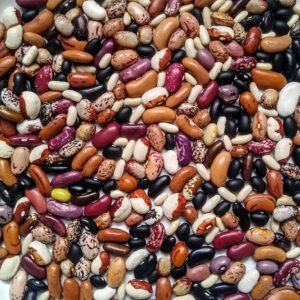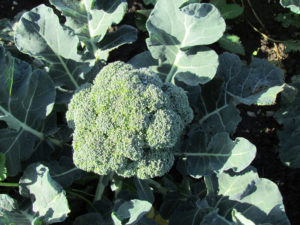
 Author Lisa Hamilton has written a must-read article (“Linux for Lettuce“) on how utility patents — patents for inventions — impact the future of our seed and food. In this piece, she describes the recently launched Open Source Seed Initiative (OSSI), which is one example of how some plant breeders and independent seed companies are responding to the dangerous trend of patenting seed. This trend has facilitated extensive consolidation in the seed industry, altered farmers’ relationship with seed, and restricted important research, as Lisa describes.
Author Lisa Hamilton has written a must-read article (“Linux for Lettuce“) on how utility patents — patents for inventions — impact the future of our seed and food. In this piece, she describes the recently launched Open Source Seed Initiative (OSSI), which is one example of how some plant breeders and independent seed companies are responding to the dangerous trend of patenting seed. This trend has facilitated extensive consolidation in the seed industry, altered farmers’ relationship with seed, and restricted important research, as Lisa describes.
For example, three firms (Monsanto, DuPont, and Syngenta) collectively control more than half of the global seed market, up from a 22% share in 1996. By crop type it’s even more telling, where four major biotechnology and chemical firms command 86% of the retail market for corn. The top two firms (Monsanto and DuPont) account for 66% of this market and 62% of the soybean retail market. This level of consolidation impacts farmer choice and the prices they pay for seed.
Our team at Organic Seed Alliance has been exploring appropriate intellectual property (IP) models in partnership with OSSI and other seed professionals to determine how best to protect new varieties developed through participatory plant breeding programs. The intent is to promote a model that adheres to the principles of fairness, diversity, and shared benefits, and to discourage patenting and other restrictive forms of intellectual property protection. We believe strongly that farmers have the right to save their seed and that intellectual property protections should not restrict further research and development efforts that ensure continued innovation. And we believe it is possible to encourage innovation and receive fair returns on investments without giving away our genetic heritage and future.
